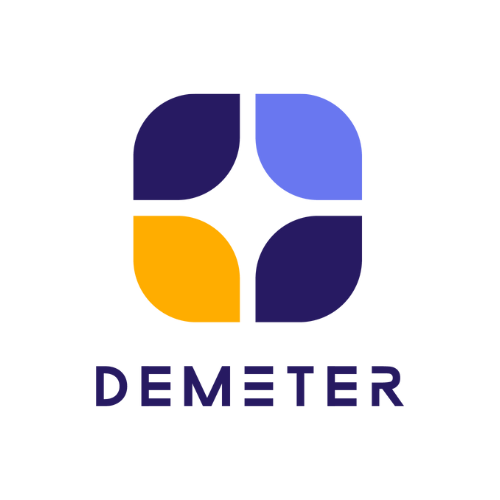Customer Relationship Management (CRM) software allows companies to stay close to their customers by managing the relationship in all aspects. This includes the entire customer lifecycle: first contact, ongoing inquiries, lead nurturing, conversion, renewal and long-term interaction. CRM is not only about closing sales and chasing leads, it goes far beyond that.
Zendesk is very smooth to integrate with CRM software packages. Ideally, organizations have total management of their sales and marketing tools in one place, integrated with their help desk. This results in better customer service, and better customer relationships.
Not just a database
Especially small businesses think that a simple contact database software is enough for tracking customer contact. However, over time the management of customer relationships requires a system with procedures, processes, workflows and tracking.
CRM includes both inbound and outbound marketing and sales activities. When it comes to the relationship between a company and its customer, you shouldn’t leave it to tools and products that don’t integrate smoothly with large CRM solutions. At some point CRM will grow from the management of this relationship to management of many other things, such as pricing, prospects, vendors, co-workers and competitors.
These days CRM has evolved to cloud applications that users can access from anywhere at any time. Companies are providing their users with 24/7 cloud access from computers or mobile devices to offer support to customers whenever they need it.
Good CRM
CRM implementation ensures that marketing and sales efforts are more effective in the long run. Marketing campaigns will produce better leads that will result in more sales and better engagement with the customer. Good CRM also has integration with multiple communication channels. This allows users to have access to data from their company’s marketing collateral, website, pricing, phone records, chat history, social media and email.
A good CRM also benefits customers. When a company integrates all the information about its customer relationships well, it can then better deliver good customer service. CRM systems are all about enabling businesses to understand their customers and deliver optimal customer service for them. Software is key for accomplishing this.
Usually, the IT department will manage the implementation of the CRM system and take care of integrating it with other business applications and software. The sales team manages daily operations and processes for users. A well managed CRM system is well worth its costs, because of the customer satisfaction it provides.
When are users ready?
Usually small businesses start out with a simple spreadsheet of a list of prospects. As they grow to medium-sized, and then large, their users start asking for better support and management features for their marketing and sales processes. Larger businesses start to see the potential value of implementing CRM software.
Some of the most important features in CRM solution are client software, flexible pricing, a mobile app, cloud integration for 24/7 access and the ability to manage leads through the whole sales funnel. Some providers offer free trials of CRM software. Free CRM software might include these features, but it will likely not be a suitable long-term option.
At some point, integration between the CRM and other softwares becomes a priority. Free CRM systems often lack the API (interface) support needed for successful integration. The business might end up with a good contact app but not a reliable CRM platform. Investing in CRM software will pay off down the road.
Source: Zendesk
Zendesk Partner in Thailand
092-262-6390
097-008-6314 (Sales)
support@dmit.co.th
Official LINE







